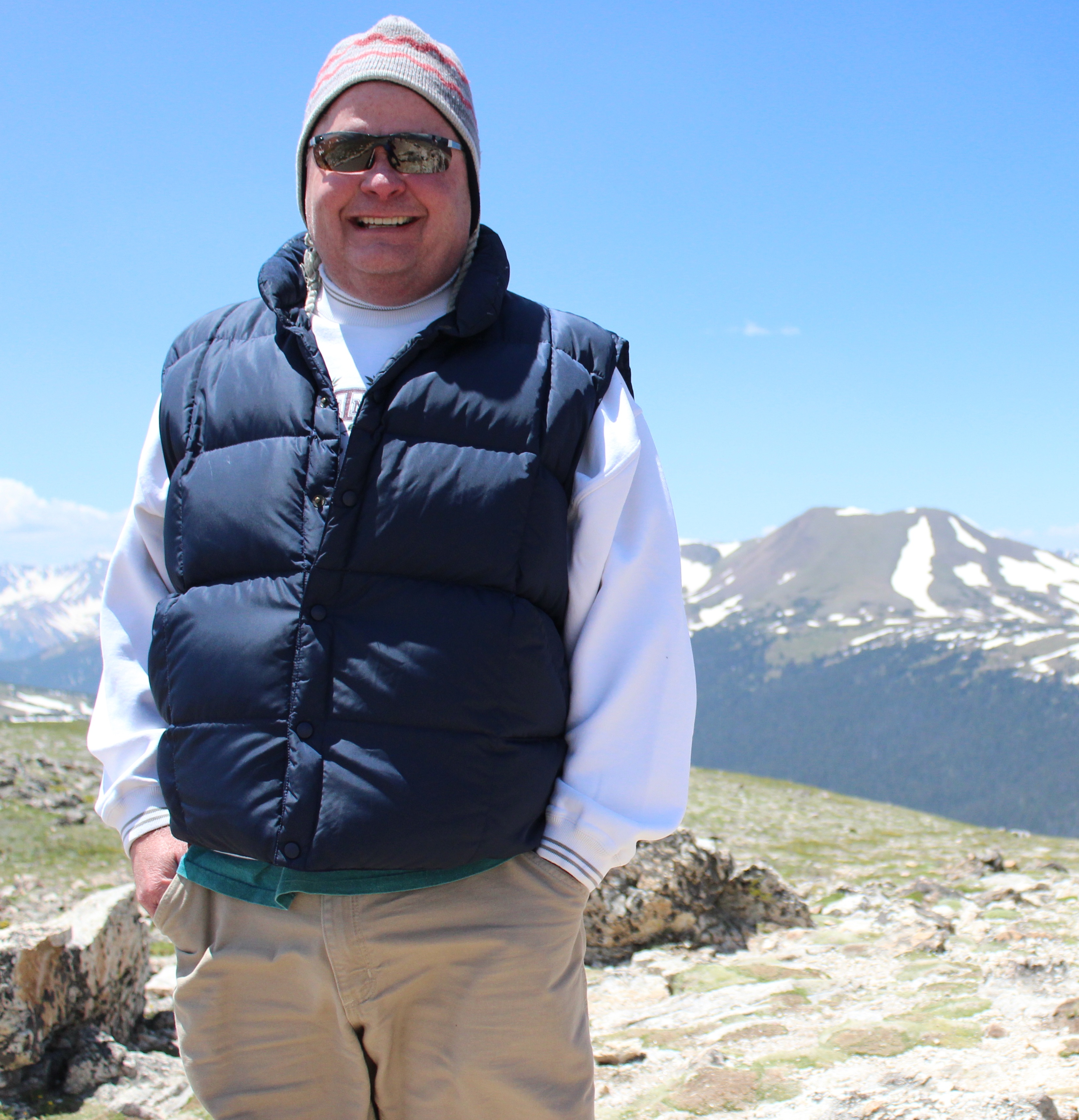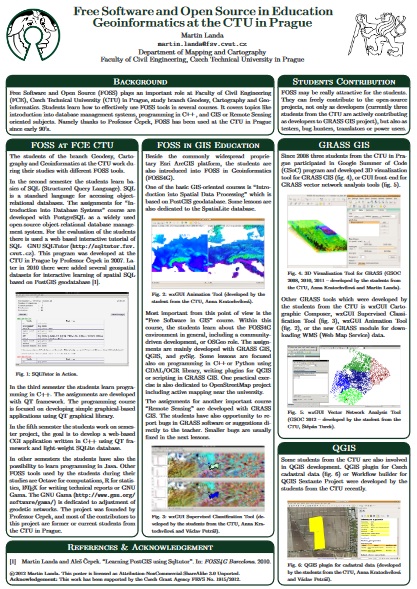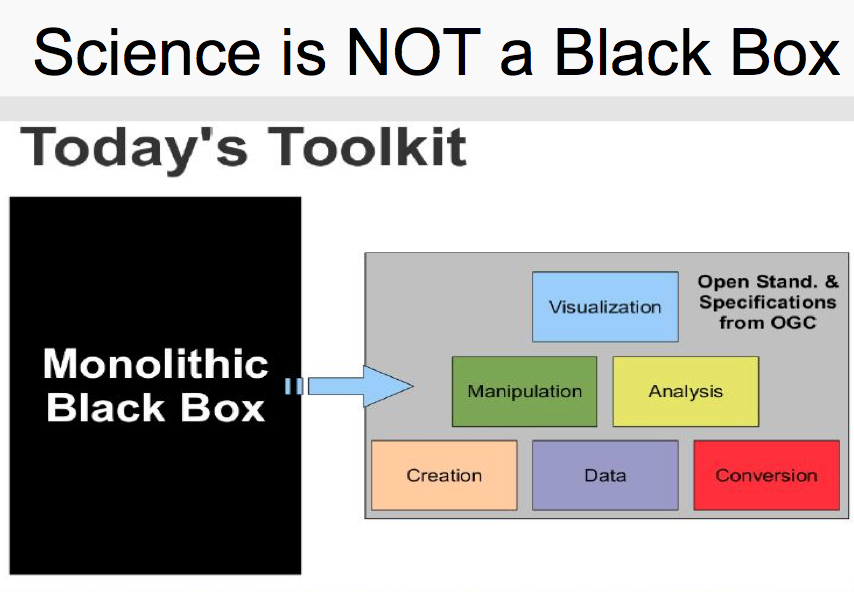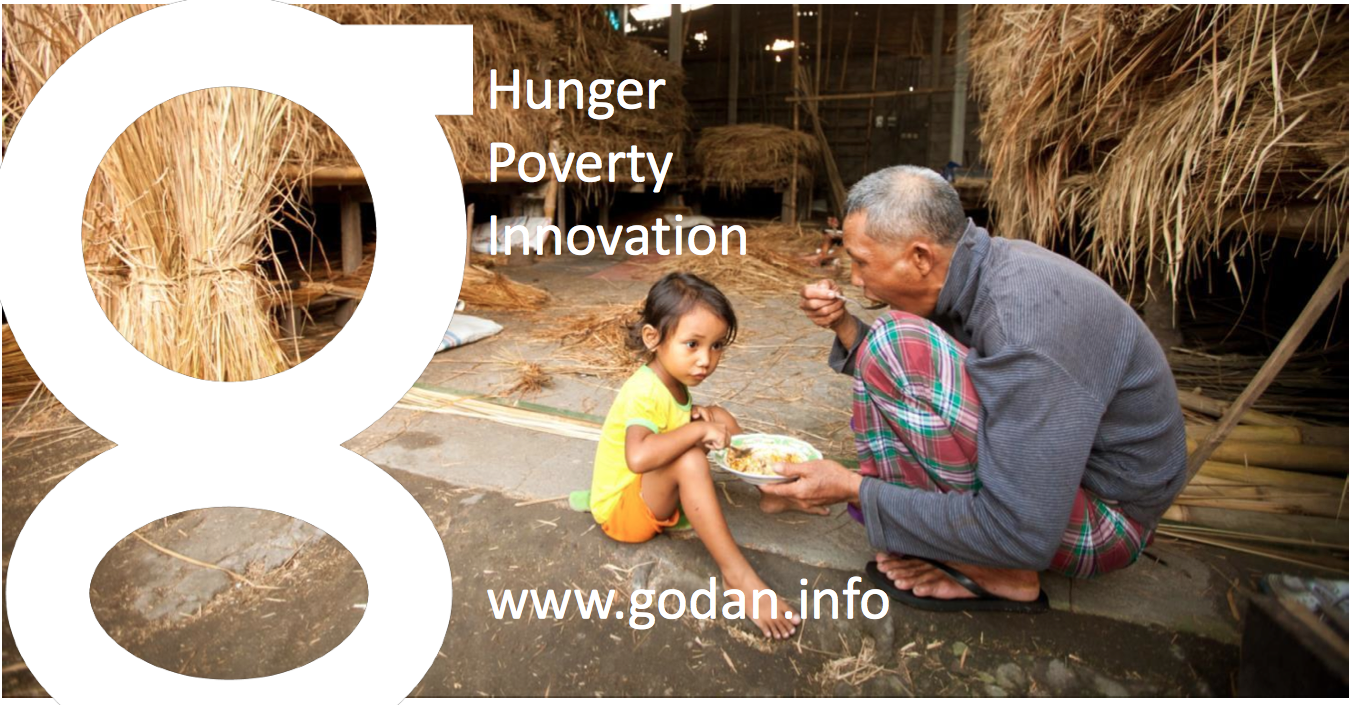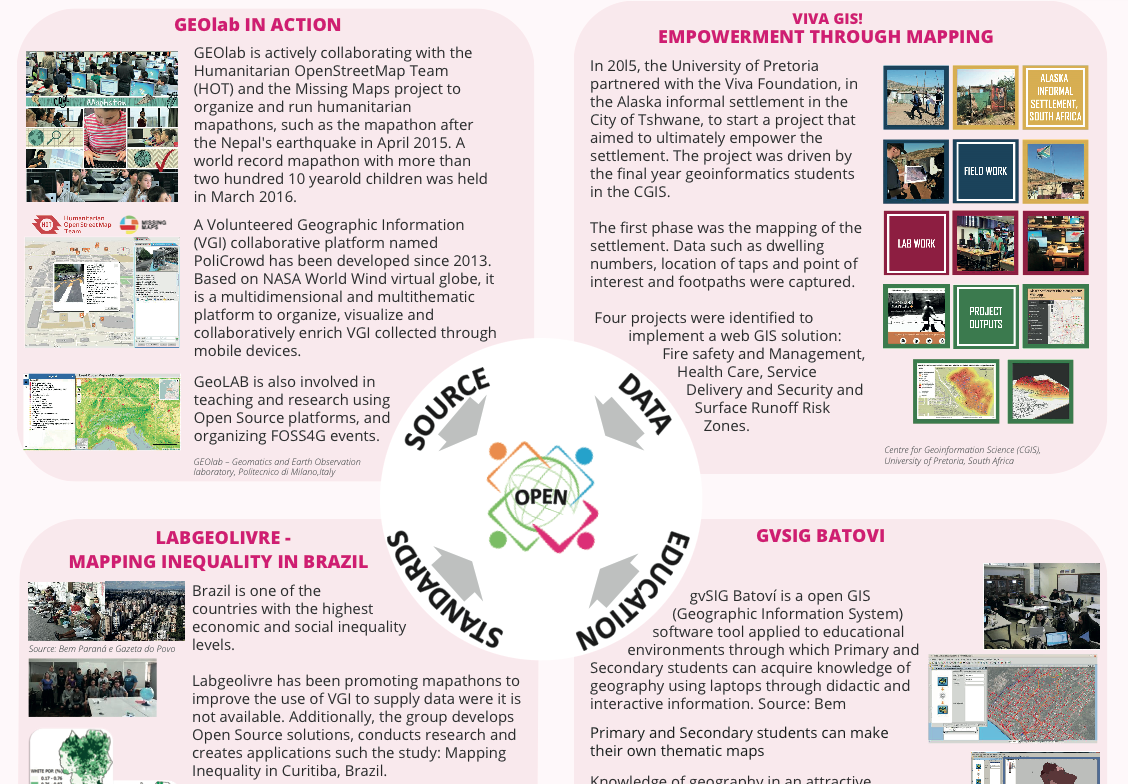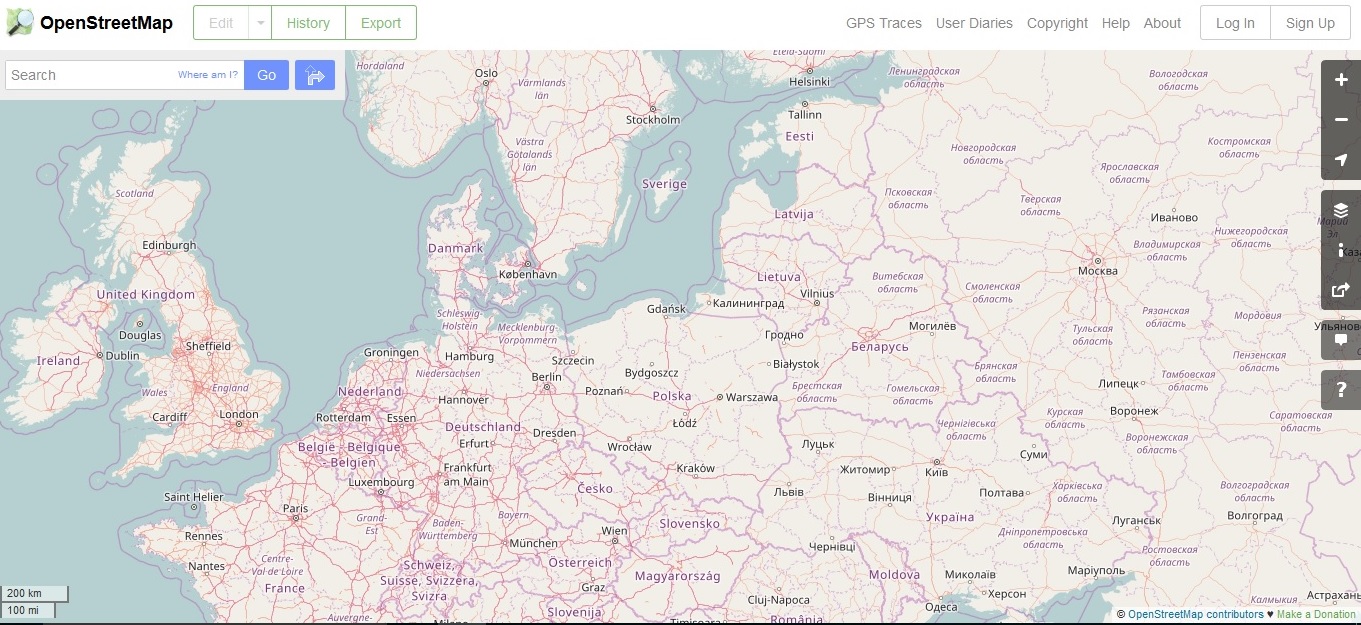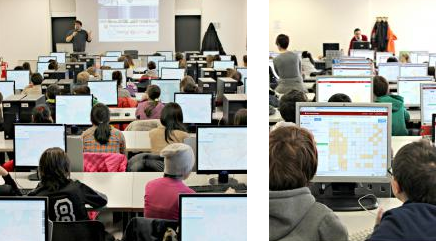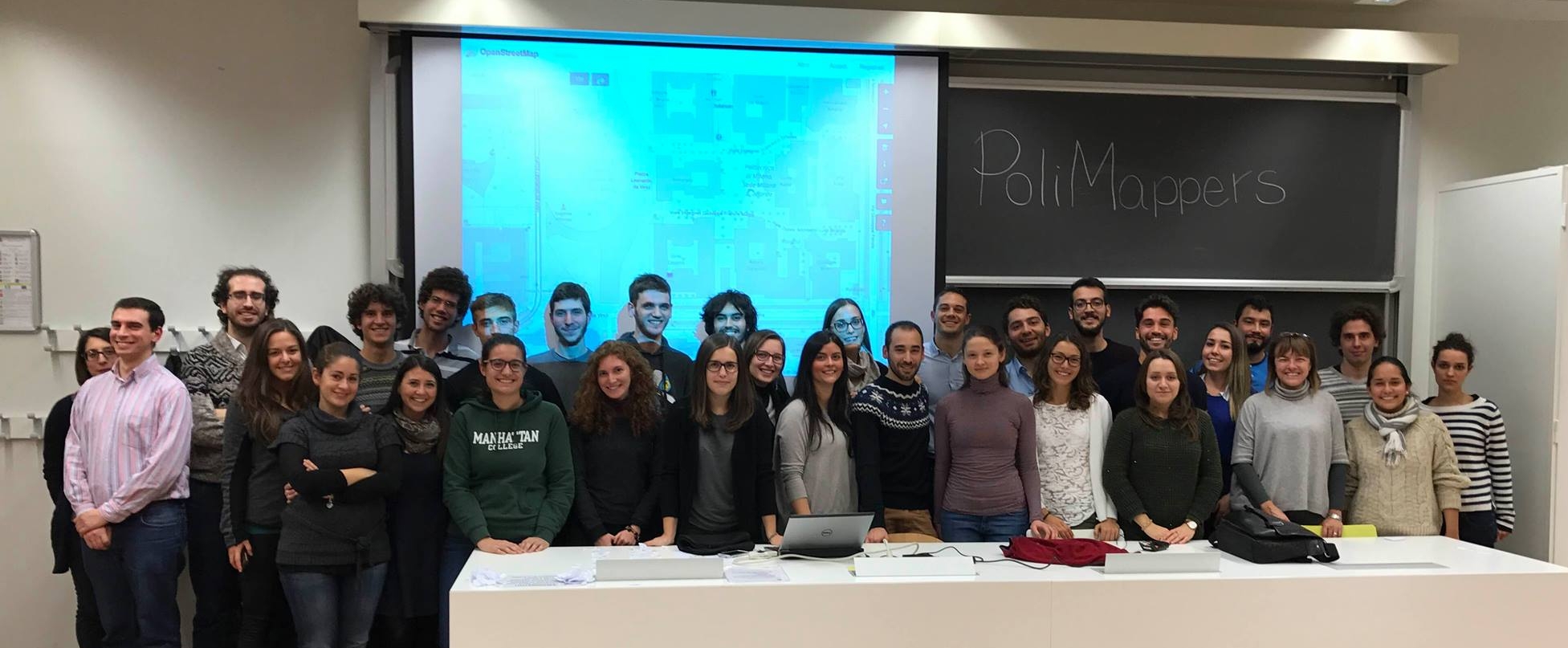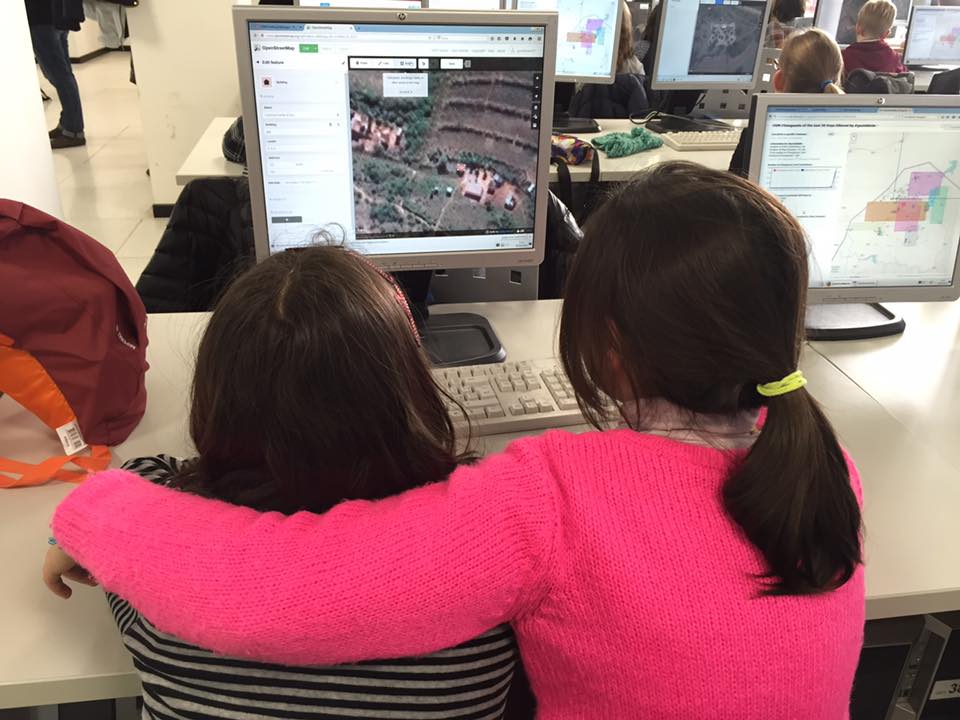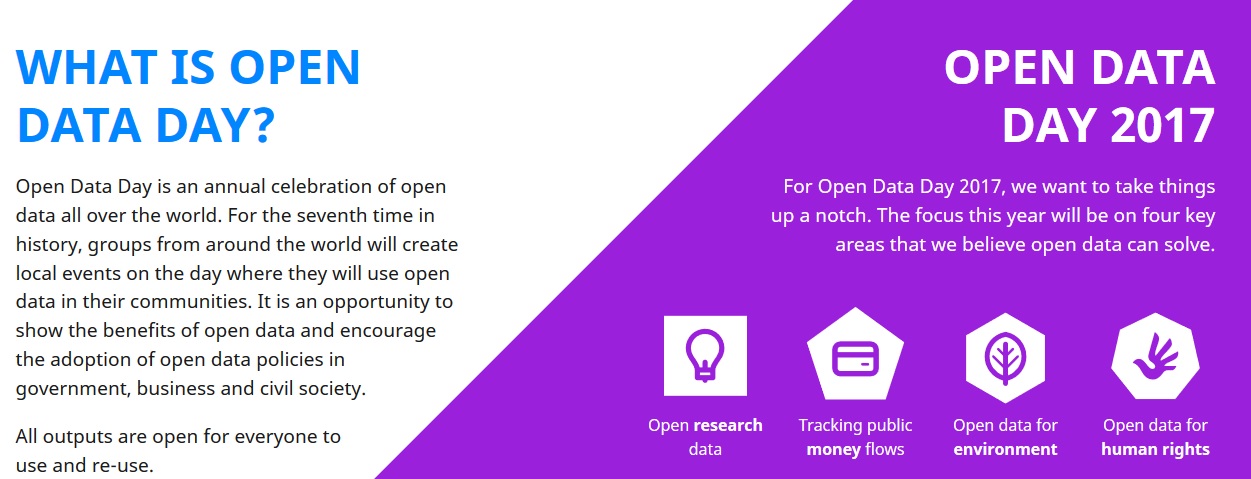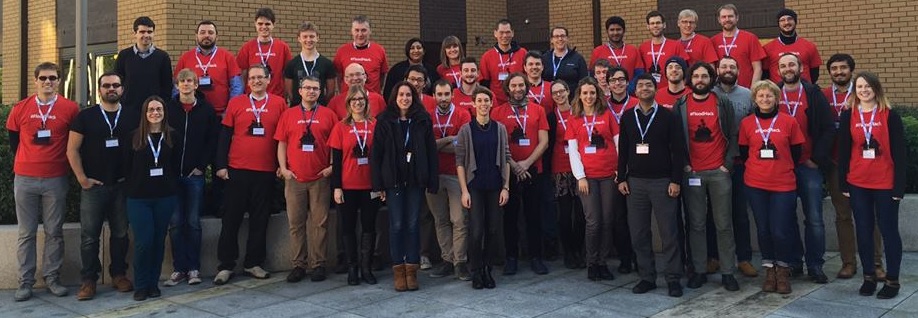It is my great pleasure to introduce Michael P. Finn as our GeoAmbassador. Michael P. Finn is a Research Cartographer in the U. S. Geological Survey’s Center of Excellence for Geospatial Information Science. He holds a BS in Geography with a Minor in Cartography and Map Technology from Southwest Missouri State University (now Missouri State University) and an MS in Civil Engineering from Virginia Polytechnic Institute & State University. Mike has worked as a Computer and IT Specialist, and a Research Cartographer with the US Geological Survey for the past 17 years. He also has 10 years of experience with the US Air Force and 7 years with the Defense Mapping Agency.
Mike Finn
Mike serves or has served on the Boards of Directors of the Cartography and Geographic Information Society (CaGIS), the American Society for Photogrammetry and Remote Sensing (ASPRS), and the Cyberinfrastructure Specialty Group of the Association of American Geographers (AAG). He has also served as the Director of the GIS Division for ASPRS. Mike is currently serving as President of CaGIS after serving as President-Elect in 2015 and Vice President in 2014. In addition, Mike is a member of the Editorial Board for the journal Cartography and Geographic Information Science.
For international scientific service, Mike is currently serving as Vice-Chair of the International Cartographic Association (ICA) Commission on Open Source Geospatial Technologies for the 2015 – 2019 term. In addition, he is and has been an active member of the ICA Commission on Map Projections. Previously, Mike served as a Co-Chair of the International Society for Photogrammetry & Remote Sensing’s (ISPRS) Technical Commission IV (TC – Geodatabases and Location Based Services), Working Group 4 (Geospatial Data Infrastructure) for the XXIIIrd ISPRS Congress (2012 – 2016) and Co-Chair of the TC IV (Geodatabases and Digital Mapping), WG 1 (Geospatial Data Infrastructure) for the XXIInd ISPRS Congress (2008 – 2012).
His research interests are in data-intensive and high-performance computing for scientific applications using digital geospatial data; in geodesy, spatial coordinate systems, and map projections; in quantitative approaches to imaging in environmental modeling and GIS. Mike is the Principal Investigator for CEGIS’ research project for Data-Intensive and High-Performance Computing. The principal objective is to explore data-intensive and high-performance computing, particularly within the CyberGIS domain, to support lidar and spatial data processing for te 3D Elevation Program (3DEP) of the US. A second objective is to investigate big data approaches and workflows with lidar and 3DEP as well as other big data integration with other USGS science data.
Mike’s recent research has been focused on on varied spectrum of activities from CyberGIS data services for enhancing the usability of high-resolution national topographic datasets to MPI and parallel file systems for processing large files in the LAS format. He has also worked on CUDA-based parallel map projection methods as well as problems with spatial binning relative to map projections. He has also contributed actively to the scientfic community from serving as member of the Editorial Board of the journal Cartography and Geographic Information Science to International Scientific Committee for the International Cartographic Conference, 2017
Mike and Silvana Comboim has been leading the ICA commission on Open Source Geospatial Technologies . They have successful organised the ICC workshop on Spatial data infrastructures, standards, open source and open data for geospatial (SDI-Open 2015) jointly with the ICA Commission on Geoinformation Infrastructures and Standards, the Commission on Open Source Geospatial Technologies , Open Source Geospatal Foundation (OSGeo) and the Open Geospatial Consortium (OGC) on 20 and 21 August 2014 at Brazilian Institute of Geography and Statistics (IBGE) in Rio and the conference itself http://www.icc2015.org was a great opportunity to strengthen the “Geo for All” initiative and to reinforce the key projects and research links for the future. Mike organised the workshop on “Advancing GIScience with Open Source Technologies,” on behalf of the ICA Commission on Open Source Geospatial Technologies, held in conjunction with AutoCarto 2016, in Albuquerque, New Mexico. A report with pictures on the workshop can be found at http://icaci.org/summary-of-the-workshop-on-advancing-giscience-with-open-source-technologies/ and https://github.com/mfinnCEGIS/workshopAdvancingGIScienceOST/
Mike is the co-organizer of the International Cartographic Conference 2017 Pre-Conference Workshop on Spatial data infrastructures, standards, open source and open data for geospatial (SDI-Open 2017), Washington, DC (http://icc2017.org/preconference-workshops/ ). I believe OpenSDI is a very important initiative
I want to thank Mike for all his contributions to GeoForAll community. I understand Mike will be retiring from government service later this year but i am sure he will be closely involved with GeoForAll activities as before. We are proud to honour Mike as our GeoAmbassodor and we are extremely grateful for his contributions to Geo for All.
Best wishes,
Suchith

